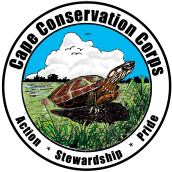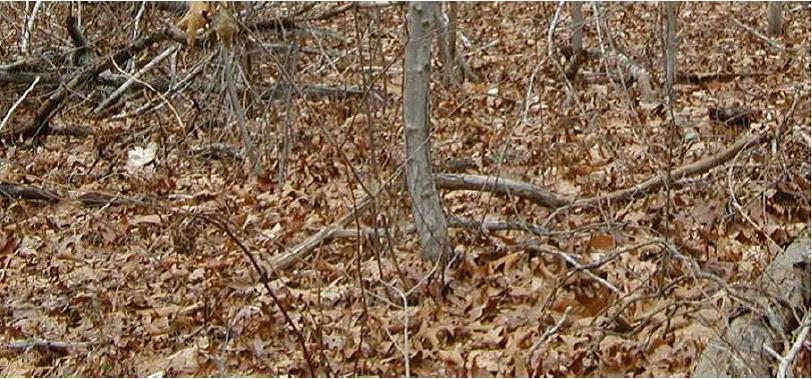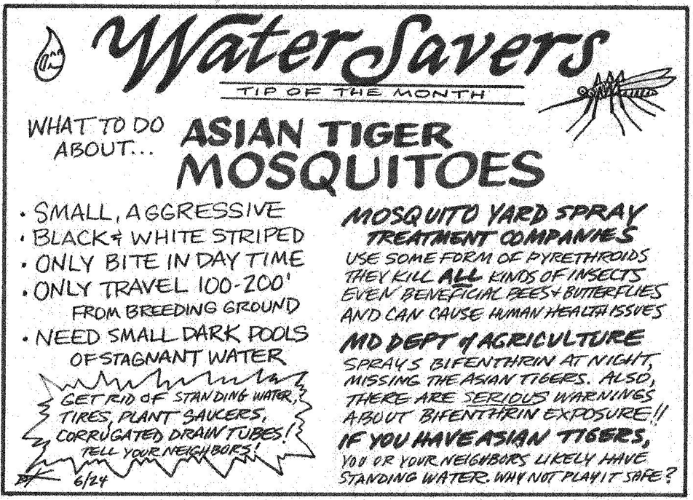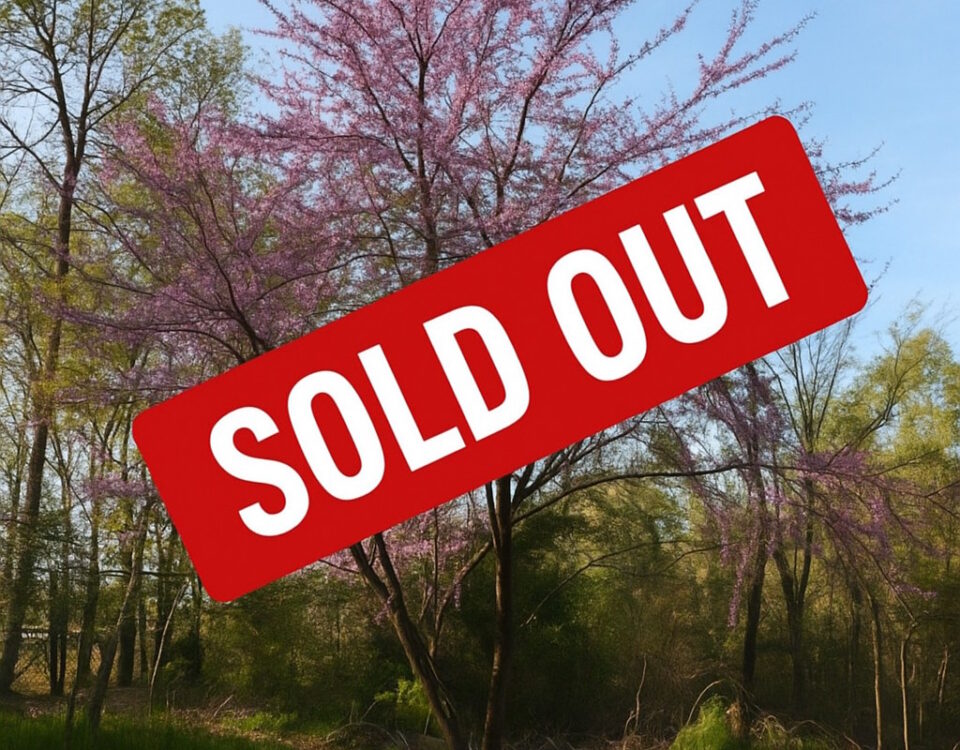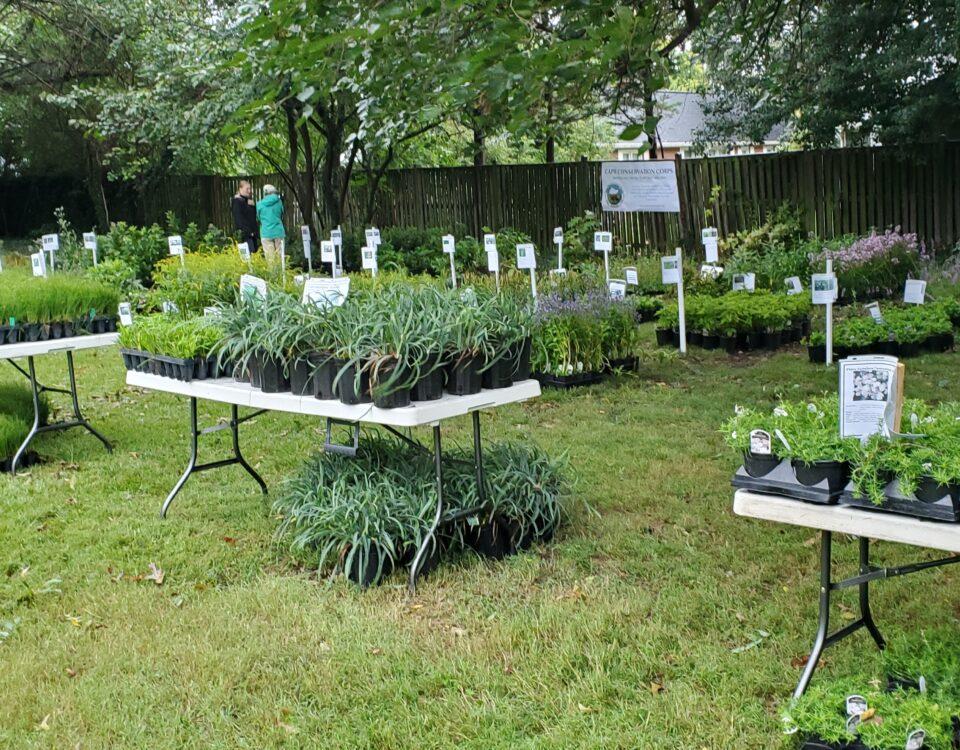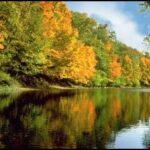
The Value of Trees
October 13, 2023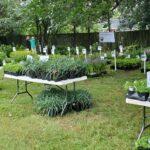
Year in Review for CCC 2023
November 16, 2023By Stacey Wildberger
- Don’t cut down the flower stalks and other garrden plants; do let them stand so that caterpillars and other beneficial bugs can overwinter on their stems and in the hollow stems (Joe Pye Weed is an great example).
- Don’t rake and bag all of your fallen leaves and set them on the curb; do use the leaves as mulch and to start new garden beds. By spreading a deep layer of mulch over an area of lawn you want to convert to a garden next spring you minimize soil disturbance, eliminate digging of the beds and prevent weeds from germinating.
- Do leave leaf litter for the beneficial bugs.
- Do compost it to use as a soil amendment next year or share it with a neighbor who needs it for their own garden.
- Don’t wait until next year to start thinking about your garden and lawn and how you can begin to create a more eco-friendly landscape; do start planning on how you can reduce lawn, plant more natives, garden wisely (no pesticides or insecticides), manage water runoff.
- Do plant trees, shrubs and even perennials now—by planting in the fall you allow them to become well established before they have to endure the heat of the summer.
- Don’t forget about being a good neighbor.
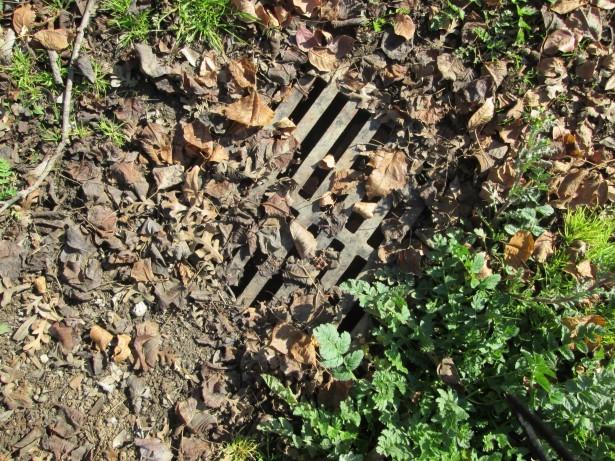 Storm drain clogged
Storm drain clogged-
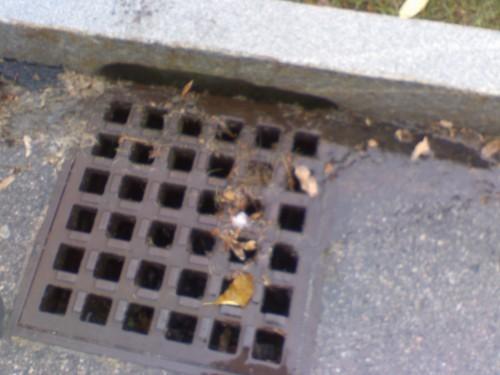 Storm drain cleaned
Storm drain cleaned
-
- Do think about the areas around your property. We all know to shovel the snow on the sidewalks in front of our house, but if you have storm drains out front don’t neglect them. Clear out the trash, leaves, mulch, stones, grass and other debris that gets caught in them. This will allow them to work more efficiently and not drag unnecessary debris out to our water ways
- Do consider joining Cape Conservation Corps with a membership, donation and volunteering your time. We will have several restoration projects that will need your help this fall.
